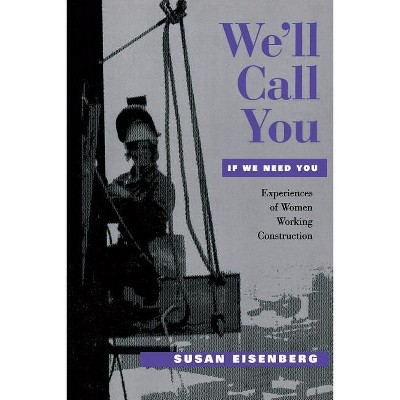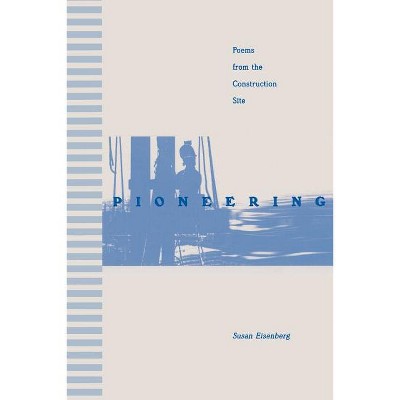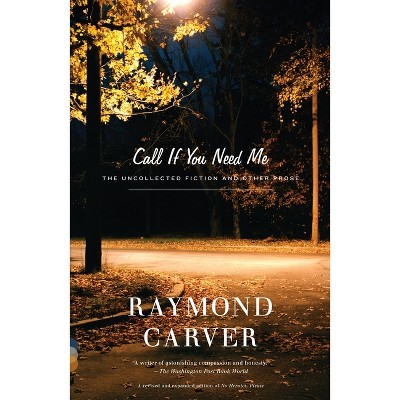About this item
Highlights
- Susan Eisenberg began her apprenticeship with Local 103 of the International Brotherhood of Electrical Workers in 1978, the year president Jimmy Carter set goals and timetables for the hiring of women on federally assisted construction projects and for the inclusion of women in apprenticeship programs.
- About the Author: Susan Eisenberg is a poet, visual artist, oral historian, licensed electrician, and Resident Artist/Scholar at the Brandeis Women's Studies Research Center.
- 246 Pages
- Political Science, Labor & Industrial Relations
Description
About the Book
Susan Eisenberg began her apprenticeship with Local 103 of the International Brotherhood of Electrical Workers in 1978, the year president Jimmy Carter set goals and timetables for the hiring of women on federally assisted construction projects and for the inclusion of women in apprenticeship programs. Eisenberg expected not only a challenging...Book Synopsis
Susan Eisenberg began her apprenticeship with Local 103 of the International Brotherhood of Electrical Workers in 1978, the year president Jimmy Carter set goals and timetables for the hiring of women on federally assisted construction projects and for the inclusion of women in apprenticeship programs. Eisenberg expected not only a challenging job and the camaraderie of a labor union but also the chance to be part of a historic transformation, social and economic, that would make the construction trades accessible to women.
That transformation did not happen. In this book, full of the raw drama and humor found on a construction site, Eisenberg gracefully weaves the voices of thirty women who worked as carpenters, electricians, ironworkers, painters, and plumbers to examine why their numbers remained small. Speaking as if to a friend, women recall their decisions to enter the trades, their first days on the job, and their strategies to gain training and acceptance. They assess with thought, passion, and twenty years' perspective the affirmative action efforts. Eisenberg introduces this new edition with a preface that shows how things have changed and how they have stayed the same since the book's original publication. She ends with a discussion of the practices and policies that would be required to uproot gender barriers where they are deeply embedded in the organization and culture of the workplace.
Review Quotes
We'll Call You if We Need You... is an inspirational and life-affirming book. Eisenberg tells the story through interviews with thirty women--carpenters, electricians, ironworkers, painters, and plumbers.
-- "New York Times Book Review"Eisenberg makes a persuasive case for beefing-up affirmative action guidelines and revising archaic union apprenticeship programs that were designed with eighteen-year-old men in mind.
--Maureen Corrigan "Fresh Air"Eisenberg's book engenders a new respect for the women in the trades and the difficult work they do.
-- "The Progressive"About the Author
Susan Eisenberg is a poet, visual artist, oral historian, licensed electrician, and Resident Artist/Scholar at the Brandeis Women's Studies Research Center. She has been awarded with the Emily Clark Balch Prize for Poetry. She is also curator of the online exhibition, On Equal Terms: gender and solidarity. Her most recent book Stanley's Girl: Poems. Visit susaneisenberg.com for more information.












